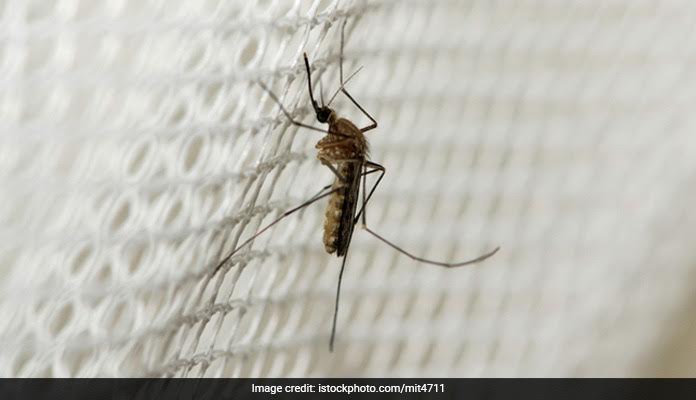According to this new research the Malaria spreading mosquitoes can be suppressed from biting and also be manipulated to switch their flight behavior, with just 10 minutes of exposure to white light.

The Anopheles Gambiae mosquito is a major vector for the transmission of malaria in Africa
It has been found that the Anopheles Gambiae mosquito is a major vector for the transmission of malaria in Africa which have a greater propensity for nighttime biting. According to this new research these mosquitoes can be suppressed from biting and also be manipulated to switch their flight behavior, by just 10 minutes of exposure to white light.
Thus according to Giles Duffield, Associate Professor at the university we need to come up with novel ideas for mosquito prevention and control for vector borne diseases. Since the tools we have at the moment (insecticides and nets) are not sufficient enough. The findings, published in the journal Parasites and Vectors, suggests that light can be used to manipulate mosquitoes, thereby offering a potential novel solution for preventing bites and reducing malaria.
Also read World Malaria Day! Prevent Malaria Save Lives.

The Anopheles Gambiae mosquito is a major vector for the transmission of malaria in Africa
Photo Credit: iStock
For the research the mosquitoes were divided into control and test groups. The control group mosquitoes were kept in the dark while the test group was exposed to a pulse of white light for 10 minutes. The results showed a significant suppression of the test group mosquitoes, in their propensity to bite.
In another experiment, mosquitoes were pulsed with light every two hours, and using this multiple pulse approach the team found that biting could be suppressed during a large portion of the 12 hour night. "Most remarkable is the prolonged effect a short light treatment has on their preference to bite, with suppression lasting as long as four hours after the pulse," Duffield said. "This may prove to be an effective tool that complements established control methods used to reduce disease transmission," he added.
DoctorNDTV is the one stop site for all your health needs providing the most credible health information, health news and tips with expert advice on healthy living, diet plans, informative videos etc. You can get the most relevant and accurate info you need about health problems like diabetes, cancer, pregnancy, HIV and AIDS, weight loss and many other lifestyle diseases. We have a panel of over 350 experts who help us develop content by giving their valuable inputs and bringing to us the latest in the world of healthcare.












